Trio of studies cast doubt on link between autism, antidepressants
Increased autism risk among children exposed to antidepressants in utero may be related less to the medications than to the mothers’ depression.
From parental age to infection during pregnancy, environmental elements can influence autism risk.
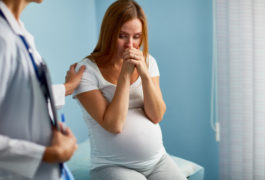
Increased autism risk among children exposed to antidepressants in utero may be related less to the medications than to the mothers’ depression.
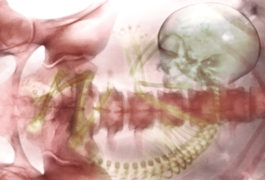
A large study finds that certain health complications during pregnancy or delivery increase the chances of having a child with autism by 26 percent or more.
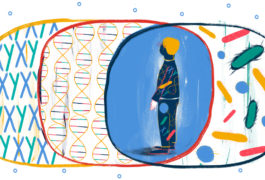
The absence of an autism-linked gene, combined with exposure to a mock infection, produces social deficits in mice — but only in males.

Rural living can be wonderful: community, friendly faces, a slower pace of life. But when there’s autism in the family, it can be tough.
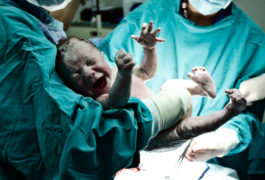
Babies who have their first bowel movement before birth have a slightly increased risk of autism, according to a study of nearly 10 million people.
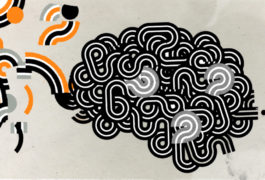
Instead of simply listing sex differences in the brain, researchers should consider how sex interacts with other factors to affect the brain, Joel says.
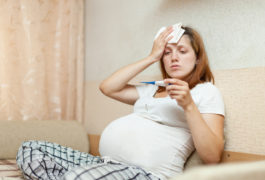
Women who come down with influenza while pregnant are no more likely than those without the infection to have a child with autism.
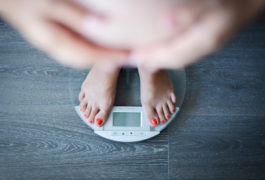
Women who are overweight or obese when pregnant increase their risk of having a child who is later diagnosed with autism by about 30 percent.
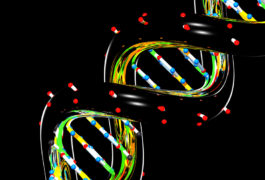
The interplay between a mouse’s immune system and certain mutations in her pups may increase autism-like features in the pups.
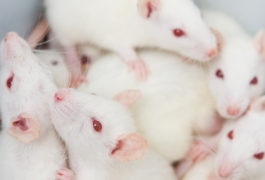
Female rats exposed to the pesticide chlorpyrifos show little interest in social interaction.